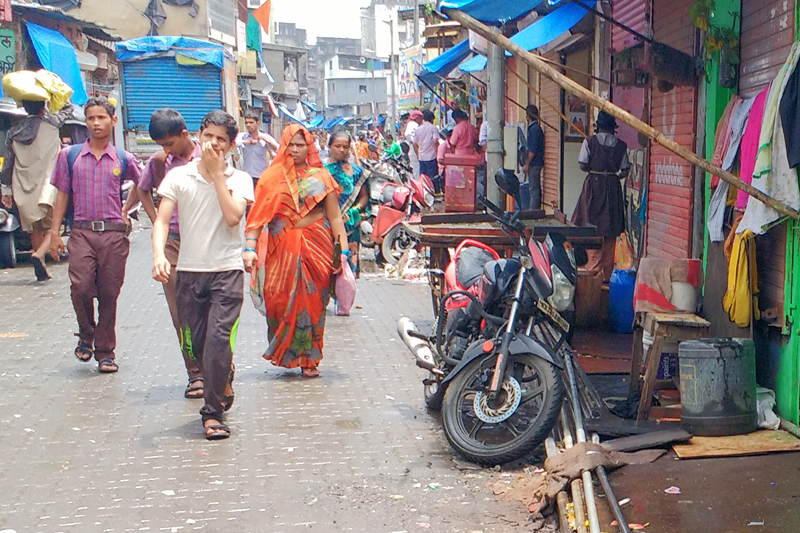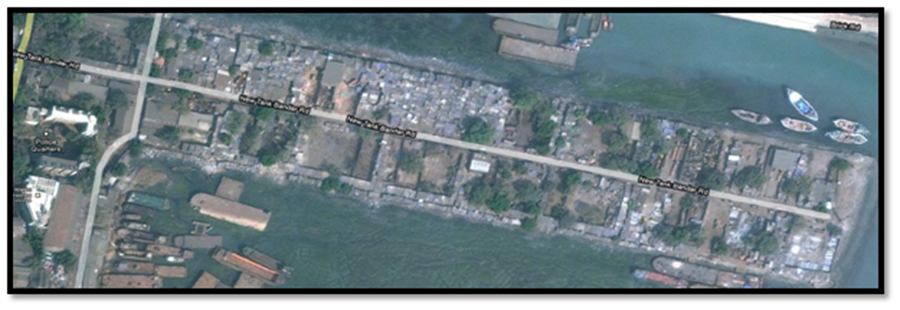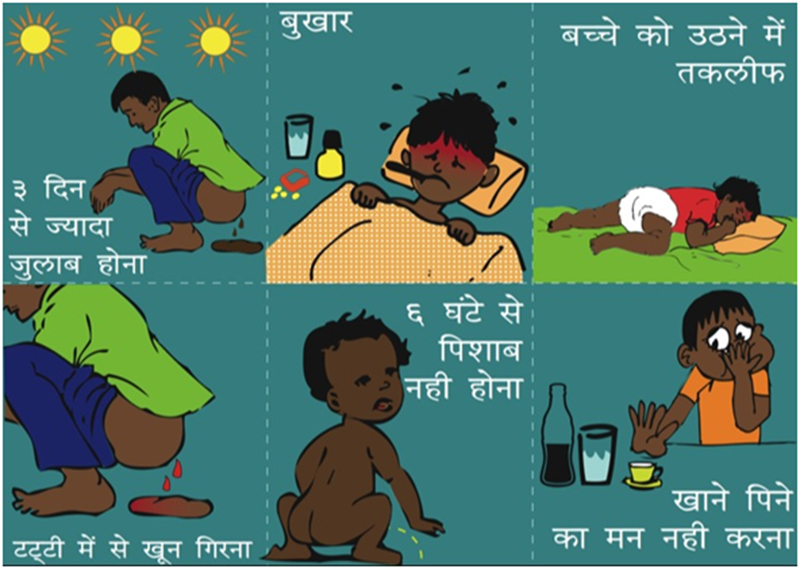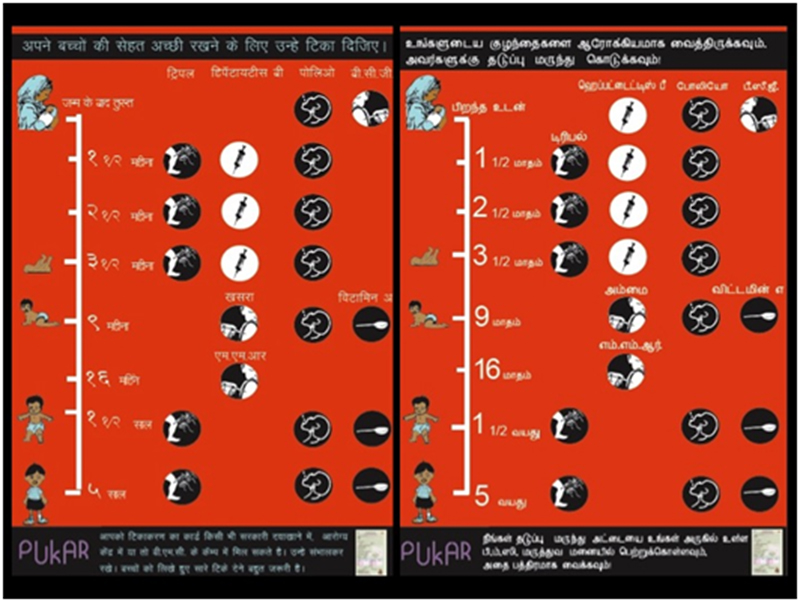EXPLORING SOCIAL AND PHYSICAL DETERMINANTS OF URBAN HEALTH

Partner: Rockefeller Foundation
Collaborators: Harvard School of Public Health
PUKAR
New York University
In 2008, researchers from the Harvard School of Public Health (HSPH), New York University (NYU), and PUKAR formed a new research partnership with a goal of illuminating key dimensions of health in urban slum communities. Together, over a period of 4 long years this group explored various social determinants of health like being in a unrecognized slum, lack of tenure, lack of basic services like water, electricity, garbage disposal, toilets etc and the impact of this deprivations on the health and wellbeing of the residents. Based upon this 11 subprojects, 6 papers were published in peer reviewed international journals and many global academic institutions invited the researchers to present this work including Harvard, British Academy, National Institute of Health (NIH) and various conferences at NYC. Nairobi, Brazil etc.

Coding and census: 15000:00 + Households
Surveys: 15000 + people
Biometric Studies: 6000 people
Interviews: 900+ people
Health camps: 1000+
Children Immunized: 2000+
Door to Door Education: 150000+
Total Research projects? 11
In 2008, researchers from the Harvard School of Public Health (HSPH), New York University (NYU), and PUKAR formed a new research partnership with a goal of illuminating key dimensions of health in urban slum communities. Together they conceptualized a project aimed at studying critical determinants of health in urban slums, with an objective of eventually transforming this research into opportunities for community-based action to improve health outcomes.
The site of research was Kaula Bandar (KB), an unregistered slum community situated on Mumbai's eastern waterfront. KB's lack of o fficial recognition by the city government results in its exclusion from services normally provided to other poor communities, including water, basic sanitation, and outreach by the public health system.
The detrimental health effects of social exclusion are compounded by other physical and social determinants, such as extreme overcrowding, lack of tenure, poor structural quality of housing, occupational hazards, lack of basic education, and gender inequity. Given these realities, the PUKAR-HSPH-NYU collaboration saw an opportunity to shed light on an understudied and disenfranchised population that could also eventually benefit greatly from evidence-based public health interventions. A total of 11 sub-projects were conducted under this programme, including six qualitative and seven quantitative studies.

The impact of the project includes the following
1 Creation of novel, pictorial-based health education posters on the topic of immunizations, diarrheal illness, Oral Rehydration Solution (ORS) and self-referral for diarrhoea for distribution in the community in an attempt to reduce the morbidity and mortality due to common illnesses.
- Initiating a health outreach with the help of the Municipal Corporation of Greater Mumbai (MCGM) in the community based upon the robust empirical data base with PUKAR with an aim to improve their health needs. This has also created a unique model of public-private partnership that could be emulated in other slum Communities.
- Dissemination of project findings at major US academic institutions like Harvard University, University of California, National Institute of Health (NIH), Washington DC, 20+ presentations at various national and international conferences on urban health.
- Six papers published in peer reviewed international journals based upon the research findings.



